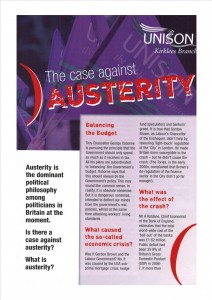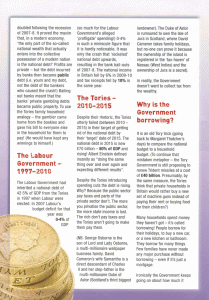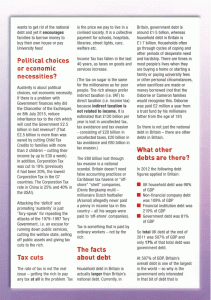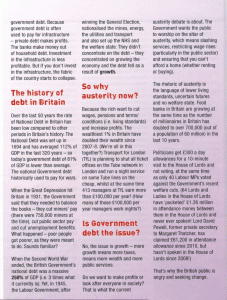The University’s Problem Resolution Framework (PRF) is a collective agreement first negotiated about a decade ago. It brought together under a single umbrella grievance, disciplinary, sickness absence and other policies which were previously separate. The overarching aim was to make sure that staff were treated fairly and with dignity and respect. The policies are contractual, but framed by legislative requirements and in line with ACAS codes of practice. Any changes to the PRF need to be agreed with the four recognised trade unions, including UNISON, and from time to time policies over the years have been reviewed and amended.
The Unions are currently involved with management in reviewing the PRF as a whole, as it is a long time since it was written. Unions and management do agree that there are some aspects of PRF that we would like to change – for example, the investigation process often takes too long to complete (although it is quicker than it was). However, we no doubt have different perspectives on other issues, and about the best way to improve things.
It is important to emphasise that the PRF exists to help deal with issues where normal line management tools have been exhausted, or where a complaint is sufficiently serious to be made formal straight away. It should never be used as a threat or as a sanction in itself. We expect managers to line manage effectively, which should help resolve most problems. Of course, that means that line managers – many of whom are trade union members themselves, of course – need the training and support to help them do so. The PRF cannot be seen in isolation in this respect.
Your UNISON reps spend a lot of time supporting members involved in PRF processes, and so we know how stressful the experience can be. When you may already be struggling with your health or other issues, it is difficult to also engage effectively with an unfamiliar process you may not trust or feel confident about and in which it can feel as though your employer is lined up against you – of course, this is why trade union representation is so important! Of course, we also have to recognise the necessity of having formal processes like PRF. What we want to do is improve the experience for our members.
How do you think the PRF could be improved? If you have experiences of PRF – what worked well, what didn’t work so well – which you would like to share with us to help inform the review, please get in touch.”








